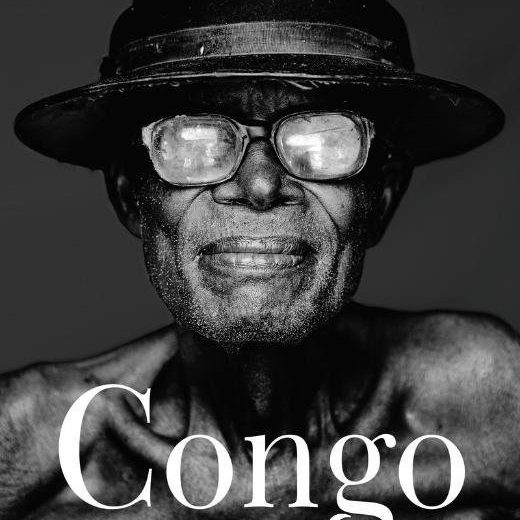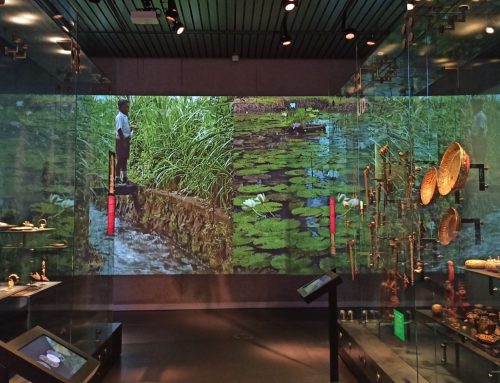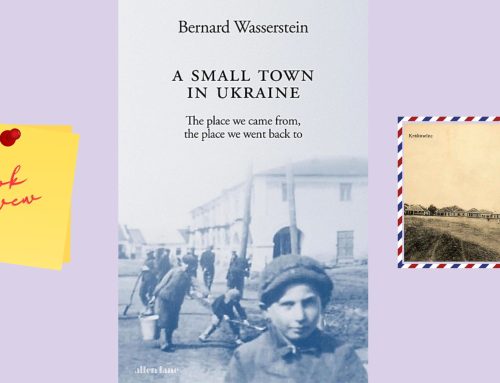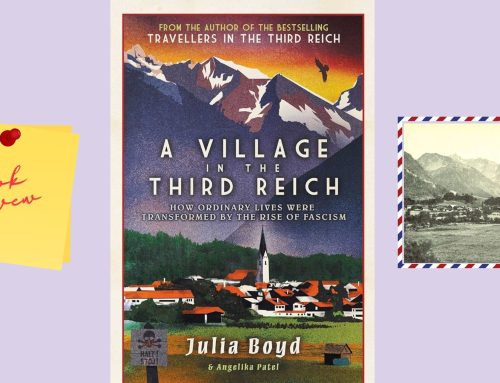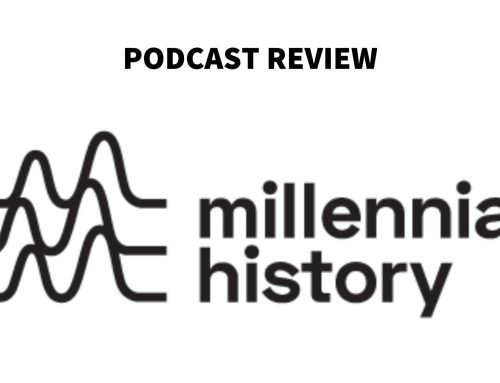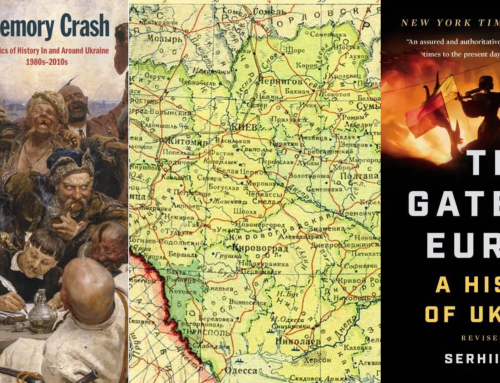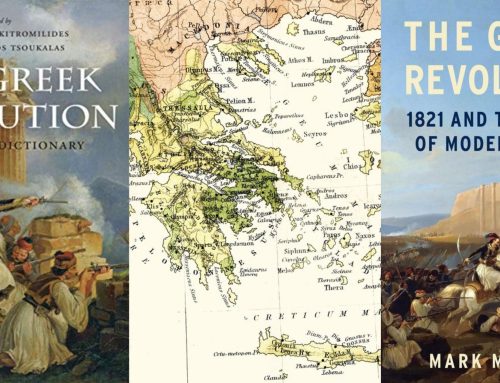This book review was written by Joke van der Leeuw-Roord, EuroClio Founder and Special Advisor.
Last year I had the good fortune to be the guest of Baron Bernard Snoy et d’Oppuers at his Chateau de Seigneur-Bois-Isaac during the EuroClio Waterloo seminar in Belgium. In my room he had put some books from his beautiful library, among them Congo: The Epic History of a People written by the Belgian author David van Reybrouck. Snoy was very positive about the book and asked me if I had already read it. With shame I had to deny this, although the reviews in the Dutch language papers had been unison laudatory. My only excuse was that all my reading time had been devoted to the countries I had intensely been working in, and African countries were not amongst those. But my current situation is no longer an excuse and this year I dived into this impressive publication.
Congo: The Epic History of a People tries to tell the story of the Democratic Republic Congo since the arrival of Stanley and its position as personal territory of the Belgium King Leopold II. The author bases himself not only on documents and (academic) publications but also on countless interviews with Congolese citizens, some of them incredibly old. These personal stories allow the reader to reach a deeper understanding of the generally negative impact of the colonization, the decolonization but also the independence not only on the country and its citizens but also on the wider African continent. Van Reybrouck demonstrates also how big events in World History such as World War I and II have had a direct impact on the area. It was fascinating to learn that, despite the fact that Belgium was occupied by the Germans during World War II; the Italians in Abyssinia were defeated by a Belgium, predominantly black, army from Congo. New developments such as globalization and the growth of the new geopolitical power China in Africa are also leaving their imprint on the Congolese society and mercantile relations: in the big Chinese city Guangzhou there is currently a large Congolese commercial community. But Reybrouck does not only describe big history, the book gives insights in the countries’ culture and especially its pop music and pop musicians.
Why should you not read this book?
Congo: The Epic History of a People is not a quick read, and sometimes it becomes very detailed, especially about the many post-Independence wars and military operations. The rich panorama of personal experiences gets somewhat lost in the many political and war-related names and events. In this time of visual images it is regrettable that the book does only contain very good maps but further refrains from using images. Reybrouck explains this lack of photo materials due the fact that he understands ‘the medium of photo as an autonomous form of speech’, however for many of the readers, unfamiliar with the history of the African continent, visual materials would certainly have had great added value.
Why should you read this book?
Congo: The Epic History of a People pays tribute to the importance of the country Congo with a fascinating narrative of much and fast change and also some continuity, especially when it comes to the exploitation of the many natural resources of the country. This example of African past and presence forces the reader also to contemplate about the future of the African continent. The book gives also many ordinary people men and women a voice and offers insights in their everyday lives, due to the testimonies he acquired while traveling extensively through the country.
How can history, citizenship and heritage education benefit?
Congo: The Epic History of a People is a great resource to dive into the history of a continent, which does not generally feature in European history curricula, but is daily news for educators as well as their students. The book is also inspirational for European educators with many refugee and migrants children in their classrooms, as it offers elaborate insights why so many of their parents, and sometimes even their students on their own, left the continent in search for peace and a better life. An informing and elaborate bibliography supports further reading.
Have you read a book that you feel other history professionals should know about? Leave us a message and your book review might be next!
[su_table]
| Author | David van Reybrouck |
| Year of publication | 2010 |
| Original language | Dutch |
| Language read | Dutch |
| Available in | Danish, Dutch, English, French, German, Norwegian, Swedish. Under negotiation: Chinese, Finnish, Korean, Polish. |
| No. of pages | Approx. 680 |
| Genre | History, literature (non-fiction) |
[/su_table]

